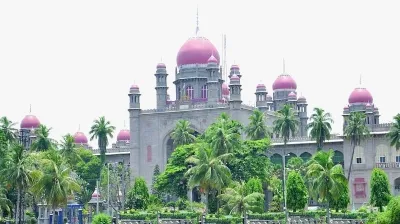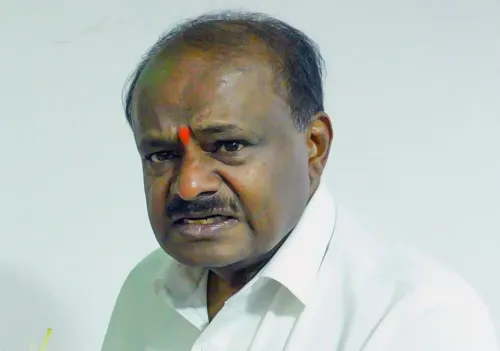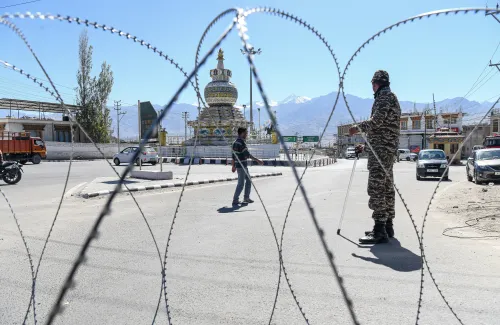Did Telangana HC Nullify Land Allotment for IAMC?

Synopsis
Key Takeaways
- The Telangana High Court has overturned the land allocation for IAMC.
- The court found the allocation violated legal norms.
- The ruling questions the rationale for governmental support to private trusts.
- Advocate General emphasized IAMC's role in international dispute resolution.
- IAMC was positioned to become a leading arbitration centre.
Hyderabad, June 27 (NationPress) - The Telangana High Court has annulled the land allocation made to the International Arbitration and Mediation Centre (IAMC) in Hyderabad by the state administration. The court invalidated the Government Order that had designated 3.5 acres of prime land in Raidurgam, located within the IT corridor, for IAMC.
A bench led by Justice K Lakshman and Justice K Sujana delivered the ruling in response to two Public Interest Litigations (PILs) contesting the land distribution.
Advocate K. Raghunath Rao, one of the petitioners, contended that the land allocation contravened established regulations. He informed the court that the land, appraised at Rs 350 crore in the IT corridor, was granted to IAMC in breach of a Supreme Court ruling.
The petitioners questioned the justification for allotting land to a private trust and the provision of governmental financial assistance.
The state government defended the land distribution, asserting that IAMC would function as a platform for resolving disputes among international corporations.
During the proceedings, Advocate General A Sudarshan Reddy underscored the importance of IAMC as a vital institution for fostering business and institutional arbitration. He pointed out that the goals of the revised Arbitration Act support the establishment of arbitral institutions, referencing the recommendations of the Sri Krishna Committee for governmental support for such entities.
Reddy further asserted that the governance framework of IAMC, which includes the Chief Justice of the Telangana High Court and the state law minister as trustees, inspires confidence among parties choosing institutional arbitration. He maintained that government support, including land and financial resources, is essential for establishing a globally recognized institution and cultivating trust across various societal sectors.
The court raised concerns about the necessity of allocating prime land and financial resources for IAMC's construction, questioning whether there were no available buildings in Hyderabad for this purpose. It highlighted that the office of the additional solicitor general of India operates from a modest 50-foot space within the Telangana High Court, while numerous government offices function from leased or private properties.
After considering arguments from both parties, the High Court reserved its decision, which was announced on Friday. The court also invalidated the Government Order pertaining to the construction of the IAMC facility.
On March 12, 2022, former Chief Justice of India, N.V. Ramana, had inaugurated the foundation stone for the permanent structure of India's inaugural International Arbitration and Mediation Centre.
The CJI expressed gratitude to the government of Telangana and former Chief Minister K. Chandrasekhar Rao for providing valuable land in the city's core and allocating Rs 50 crore for the construction of the facility.
Justice Ramana hailed IAMC as a significant advancement in promoting arbitration and mediation in the region.
The CJI envisioned that IAMC Hyderabad would evolve into an arbitration and mediation hub comparable to leading institutions in Dubai, London, and Singapore.
The centre was jointly inaugurated by the CJI and the former Chief Minister in December 2021 and commenced operations from a temporary 25,000 square feet location at VK Towers in Gachibowli.
The centre's panel features internationally recognized arbitrators and mediators from nations like Singapore and the UK.









